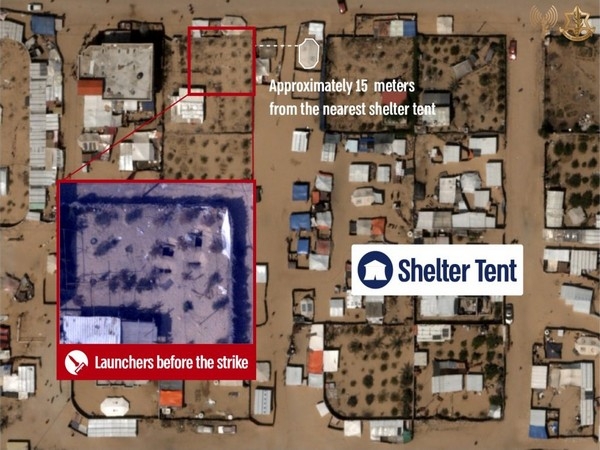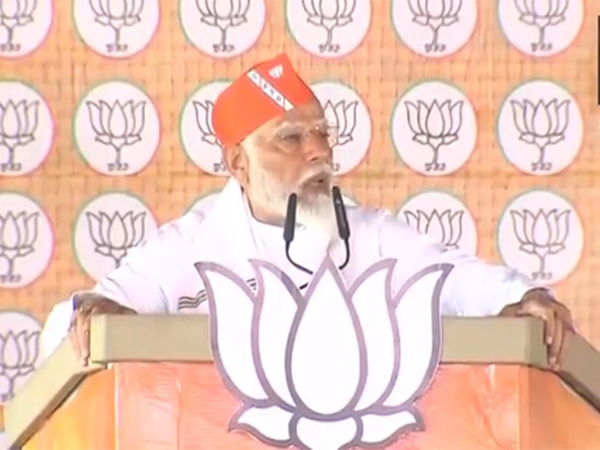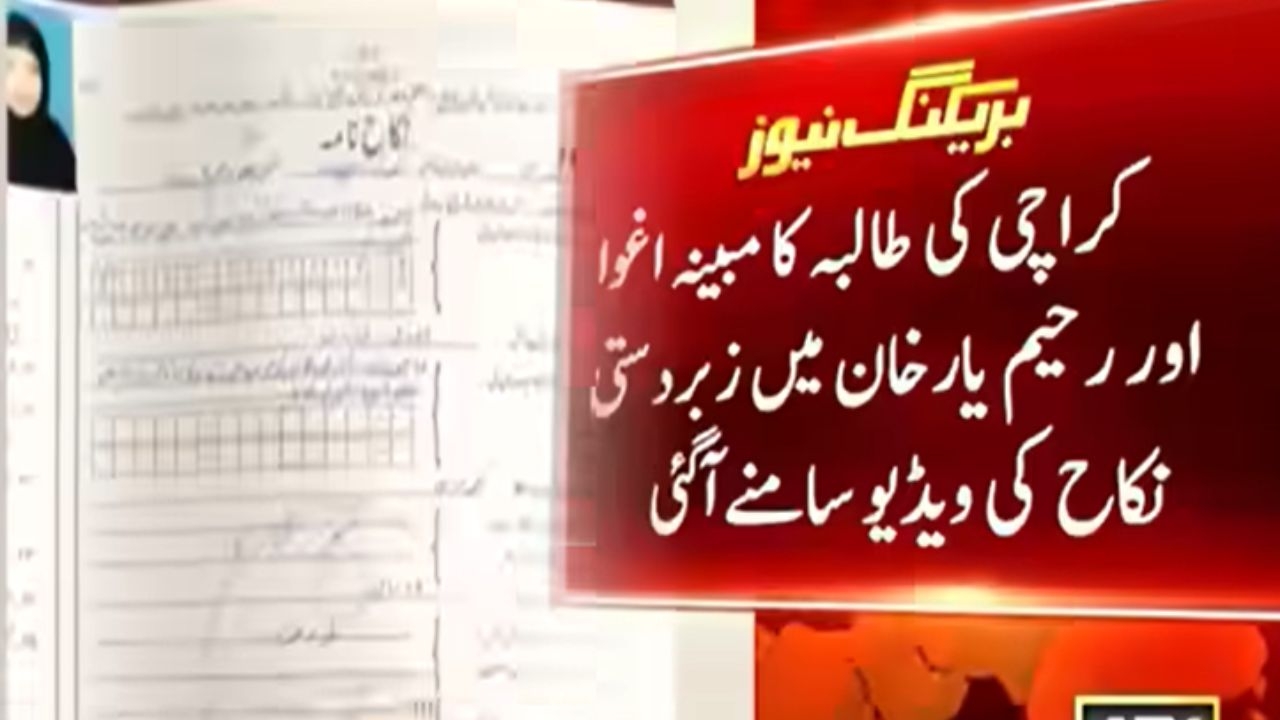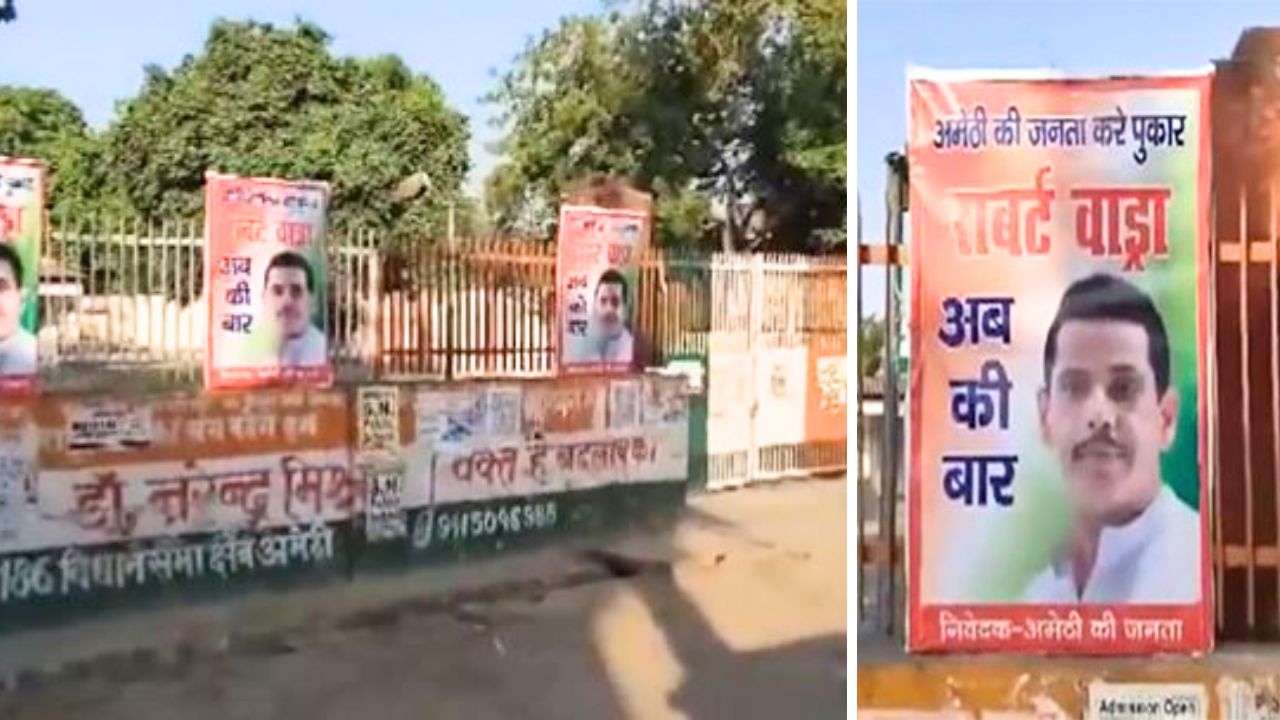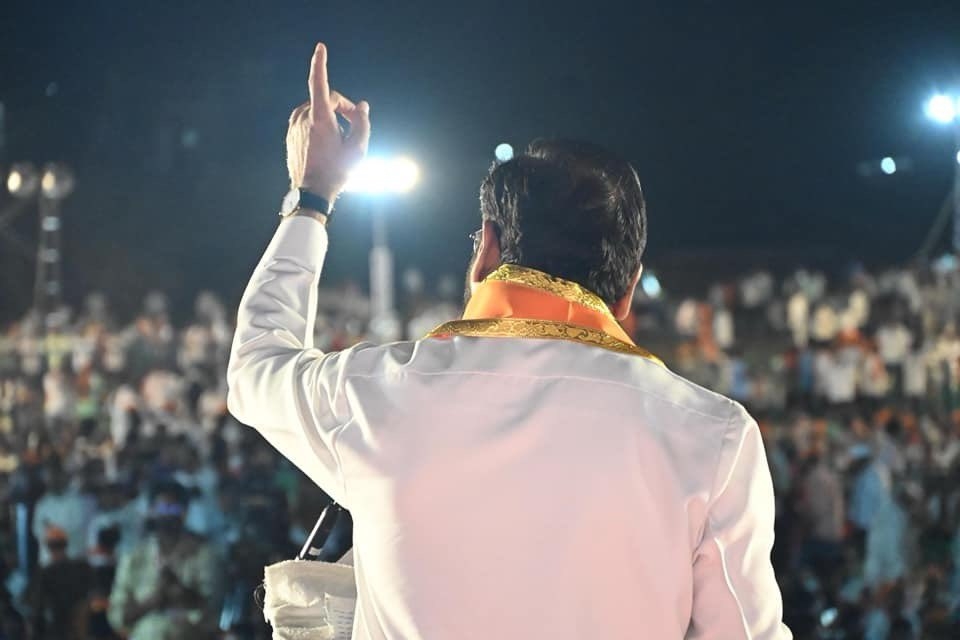Kulbhushan Jadhav case: India needs to be firm with Pakistan
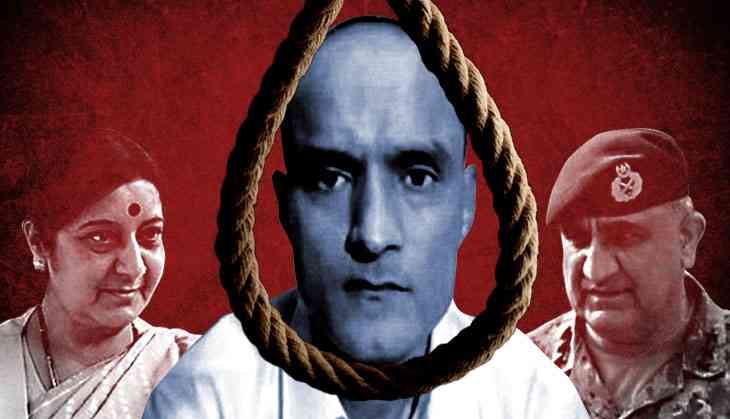
External Affairs Minister Sushma Swaraj’s statement in Parliament on Tuesday reveals that India and Pakistan have been in contact through diplomatic channels in the Kulbhushan Jadhav matter.
Clearly, this interaction began with the India’s demand for consular access to Jadhav, which was made after Pakistan had publicised, with great fanfare, the purported video of Jadhav’s so-called confession of being a R&AW agent in March 2016.
Pakistan’s initial approach itself had made it apparent that it wanted to use Jadhav to substantiate its charge that India was fomenting terrorism in Balochistan, and sought to destabilise Karachi. Hence, Pakistan adopted the path to needle India by imposing absurd and unacceptable conditions relating to the demand for consular access. It sought evidence and other materials while making ridiculous charges against senior Indian officials linking consular access to Indian cooperation to its request.
This only confirms that Pakistan wants to milk the Jadhav matter as much as is possible to promote its stand on India’s interference in Balochistan.
A naive hope
Swaraj told Parliament that despite Pakistan’s absurd position on consular access, India's response was quite constructive, “in the hope that some forward movement would be made”.
“We pointed out consular access to Shri Jadhav would be an essential pre-requisite in order to verify the facts and understand the circumstances of his presence in Pakistan,” she said.
This was obviously a naive hope, though it would be appropriate to take such a position for tactical purposes.
Swaraj’s statement does not indicate if the two countries had merely exchanged diplomatic notes on the issue of consular access, or if discussions were held to quietly resolve the Jadhav matter, in keeping with India’s constructive approach. Thirteen demarches for consular access were made over a period of about 13 months. It would be useful if the government were to clarify the nature of its contact with Pakistan till now on the Jadhav matter.
A clear signal
Swaraj said that Pakistan approached India three hours after it publically announced that the Pakistan Army chief General Qamar Javed Bajwa had endorsed the court martial’s decision imposing the death penalty on Jadhav, to only once again connect consular access to its demands for evidence and materials.
Foreign Secretary S Jaishankar informed the Pakistan High Commissioner on Monday that the Indian High Commission in Islamabad was “not even informed that Shri Jadhav was brought to trial”.
As this was so, why did Pakistan now offer conditional consular access? This could hardly have been an oversight. While prima facie absurd, it is clearly a signal. India needs to probe this further.
Members of Parliament cutting across party lines gave expression to the country’s anger and outrage at the manner in which Pakistan has acted in the Jadhav case. There is no disagreement with the government’s view that the legal proceedings against Jadhav have been ‘farcical’, and if the death sentence is implemented, it would amount to ‘premeditated murder’.
Swaraj also did well to caution Pakistan that it ought to consider the impact on bilateral ties if it proceeded in this matter.
A game of spies
Pakistan has not given the details of the dates on which Jadhav was brought before the Court Martial. Was it done in a hurry over the past few days? How long did it last?
There is some speculation that the Pakistani Army acted after a retired officer who, according to some reports, has worked in the ISI, disappeared in Nepal. Pakistani reports indicate that Pakistan fears that he has been abducted by the Indian agencies as a counter to the Jadhav kidnapping from Chabahar in Iran.
As India had adopted a 'constructive' approach on Pakistan’s demand for evidence and materials, it seems that Pakistan may believe that while India was taking such an approach, it was all the time preparing to abduct a Pakistani officer to level the field.
If this is true, then the Jadhav sentence can be a move in the game of spies. Rationally, it is a bad move, for it complicates the situation and creates more imponderables. However, the history of India-Pakistan relations shows that the Pakistan Army often behaves illogically and irrationally on India.
What will Pak generals do?
In response to Ghulam Nabi Azad, Leader of the Opposition in the Rajya Sabha’s suggestion that Jadhav should be provided the best possible legal help when his case goes to the Pakistan Supreme Court, Sushma Swaraj indicated that would be done.
She went on to say that India will go to the President of Pakistan, if necessary.
Of course, the best lawyers should be arranged for Jadhav, but does this mean that India retains faith in the Pakistani judicial system to give justice to Jadhav? Such faith is naive. It would be equally naive to believe that the elected government will be able to go against the army’s wishes in this matter. Clearly, the army is calling the shots.
General Bajwa wishes to project an image of firmness, and use the sentence to point to India’s so-called promotion of separatism and terrorism in Balochistan and elsewhere in Pakistan. This is especially because Pakistan is spreading the canard that India is using Afghan territory to encourage terrorism in Pakistan.
Bajwa was projected by some in India as a reasonable army general who wished to improve ties with India. This episode shows that this is clearly not the case.
The Pakistani generals would be conscious that many Pakistanis have welcomed the Jadhav decision, and are asking that the Pakistani law must prevail. There are some sober voices that are pointing to the adverse consequences on India-Pakistan relations in case of any adventurous action by Pakistan. However, these voices are in minority compared to those seeking forceful Pakistani action. It is doubtful if the generals will go against popular sentiment.
In the past, neither side generally carried out the death sentence against convicted spies. However, that was before the age of 24x7 television and social media.
Now, with inflamed passions, the tasks of a quiet diplomatic resolution of such issues is difficult, especially if the Pakistani generals wish to take a macho approach.
Reaction from international community
The international community has simply not taken Pakistani allegations on Jadhav seriously, but that has not and is not likely to deter the generals from pursuing this course.
In this context, it will be recalled that the then-army chief General Raheel Sharif raised the Jadhav matter directly with Iranian President Hassan Rouhani, who, soon afterwards, was officially visiting Islamabad. The President shrugged the allegation off; he was clearly offended that it had been raised at all. The Iranians have not corroborated the Pakistani charge that Jadhav was carrying out anti-Pakistan activities from Iranian soil.
In the past, when the Indian Mission in Kabul and other facilities in Afghanistan were attacked on Pakistan’s instigation, and precious Indian lives were lost, India did not extract a price from Pakistan.
Now, the Modi government has to find a way of sending a credible message to the Pakistani generals – that India would make Pakistan pay if it does not resolve the Jadhav issue.
First published: 11 April 2017, 18:04 IST

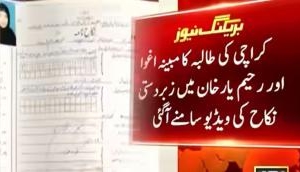
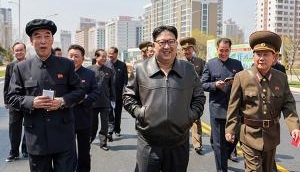
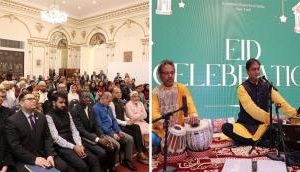
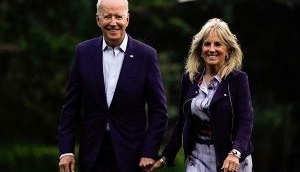
![BJP's Kapil Mishra recreates Shankar Mahadevan’s ‘Breathless’ song to highlight Delhi pollution [WATCH] BJP's Kapil Mishra recreates Shankar Mahadevan’s ‘Breathless’ song to highlight Delhi pollution [WATCH]](http://images.catchnews.com/upload/2022/11/03/kapil-mishra_240884_300x172.png)

![Anupam Kher shares pictures of his toned body on 67th birthday [MUST SEE] Anupam Kher shares pictures of his toned body on 67th birthday [MUST SEE]](http://images.catchnews.com/upload/2022/03/07/Anupam_kher_231145_300x172.jpg)


